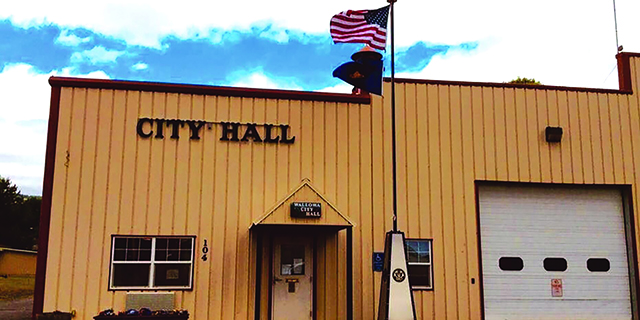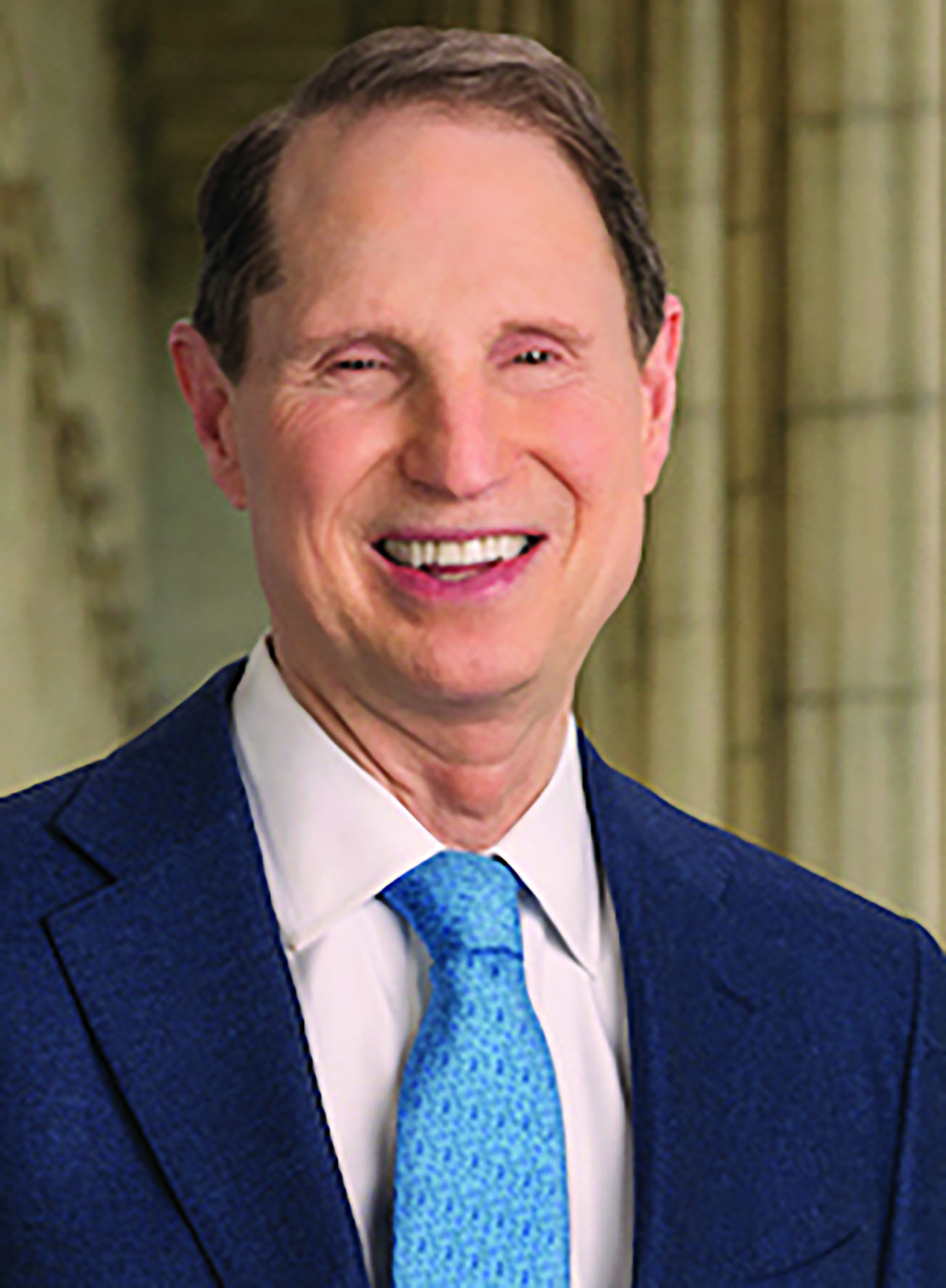Story of a life lived fully, by George
Published 6:33 am Wednesday, March 16, 2016
Considering that my last column emphasized the importance of respect for law and order and cautioned against making folk heroes of outlaws, this column might seem incongruous. I would like to tell you about my Uncle George, a lovable rogue and renegade, who spent the last 35 years of his life on the West Coast, where he kept safely out of sight of the mob in Boston.
George was the son of a cantankerous mother of Irish descent and an adventurous father from Crete, and like both his sisters, George inherited his dad’s dark Mediterranean good looks. My grandfather immigrated illegally into the United States via Canada and through Maine, where he passed himself off as French while temporarily using a name that he borrowed from a newspaper. Little did he know at the time that he would be setting a precedent that his son would one day follow, when George would decide to pull up stakes and live in a different place under an assumed name and new identity.
Trending
For 50 years, my grandfather operated a gas station on Ruggles Street in Roxbury, which was a mostly Greek enclave when my mom and her siblings were growing up, but which became more deteriorated and crime-ridden as the years went by. My Uncle George sometimes worked in his father’s gas station, but he also ran a small convenience store in the corner of the four-plex where George and his wife and my grandparents lived. It was the type of store and neighborhood where metal security gratings were necessary to protect the windows and doors from being broken during the night.
As kids, my brothers and I would listen with wide eyes to George’s colorful stories (with language that George used more for the education of his nephews than his nieces) as he would describe how he jumped over the counter of his store and chased some punk through the projects after the guy had tried to rob him at knifepoint. My uncle was always a fantastic natural athlete, fast and lean, in physical condition that was amazing considering the fact that for the greater part of his life, George was a three-pack-a-day smoker and a guy more likely to have a few beers than a decent meal.
George liked nothing better than playing handball, first at the YMCA in Boston, where he won city championships, and in later years of his life, at a club that he ran in Lynnwood, Wash. In Boston, George’s handball partner often was Red Auerbach, the Celtics coach, for the simple reason that Auerbach loved to win, and his best chance at doing that was if he played alongside George as his partner.
As a kid, I always noticed that George never seemed to be without a wad of cash on him, and I naively attributed that to the success of his convenience store. Later on I found out that George, who loved to gamble himself, became a middleman for bookies to pass their payments to Boston mobsters. Unfortunately for George, at some point bookies who owed him money got behind in their payments, which meant that George got into trouble with people higher up who expected payments from him. My mother once hinted that it was fear of Whitey Bulger’s gang that eventually led George to head off for Seattle to start a new life under an assumed identity.
I started reminiscing about George recently while I was watching the 1960 original version of “Ocean’s Eleven,” which featured Frank Sinatra and his rat pack of army buddies knocking off casinos in Las Vegas. In real life, George was of the same age as the characters in that movie. He was an army veteran who served right after World War II. Maybe it was then that he acquired the easy swagger that always marked his persona. If you can imagine the classy style and the deep, dangerous, fearless voice of Humphrey Bogart in the body of a handsome Greek who always wore his hair slicked back, with short-sleeved collared shirts that revealed muscular arms, along with dress slacks and leather shoes, then you have a snapshot of my uncle that remained timeless for about 50 years.
Sometimes life gives people a second chance, and George got his in Lynnwood. There he established a successful handball club where he taught and played the game andeven helped raise a whole new generation of players. The guys loved him, their wives would bring him meals, and their kids who got to skip church on Sundays to go play handball alongside their fathers called his club, “George’s church.”
Trending
A few weeks after George had once joked with me about how he had cheated death by the way he had always smoked and drank, George’s good luck changed with a stroke at age 69. He never smoked another cigarette. With a lot of help from the other members, George continued to run the handball club for some years after that, but eventually they had to give the place up. His handball buddies remained intensely loyal to him even after he needed to be in an assisted-living facility. They took turns coming to see him each day and playing cards with him, just like they had done together at the club for decades.
George was probably the best story-teller and the funniest guy I ever knew. When he died at age 80, he had eighteen dollars in the bank. A year later, his handball buddies held a pizza party to remember him. About 75 people, including this proud nephew, came to share stories and laughs about him.
My Uncle George died a rich man after all.
John McColgan writes from his home in Joseph.









